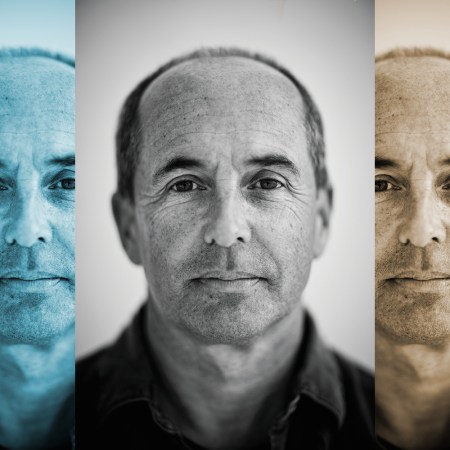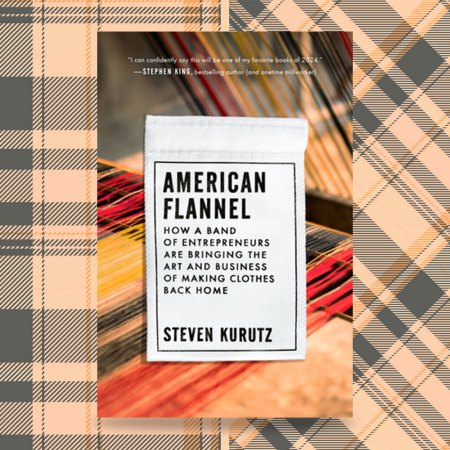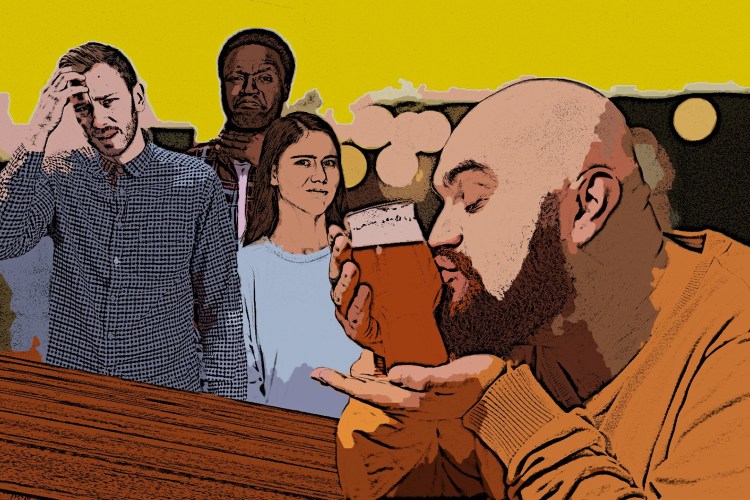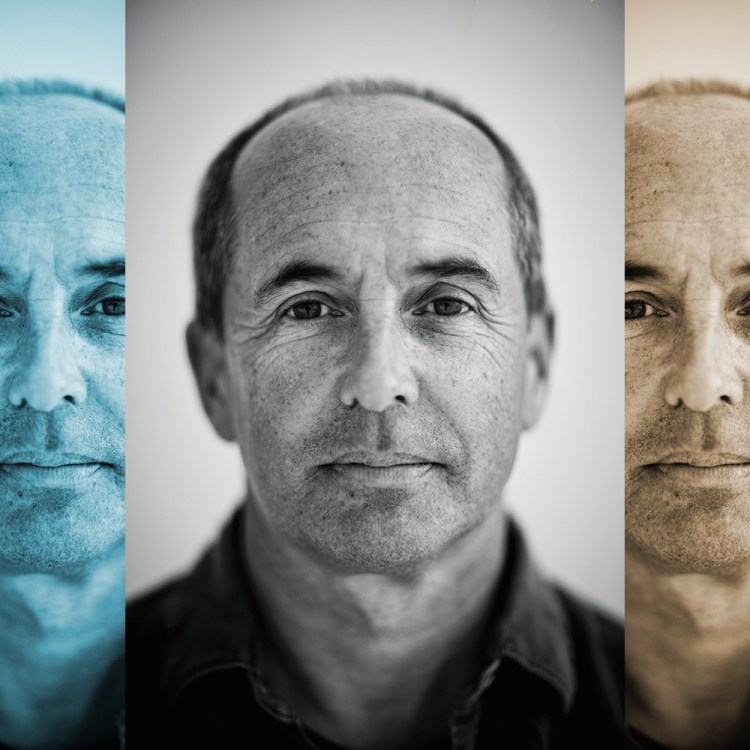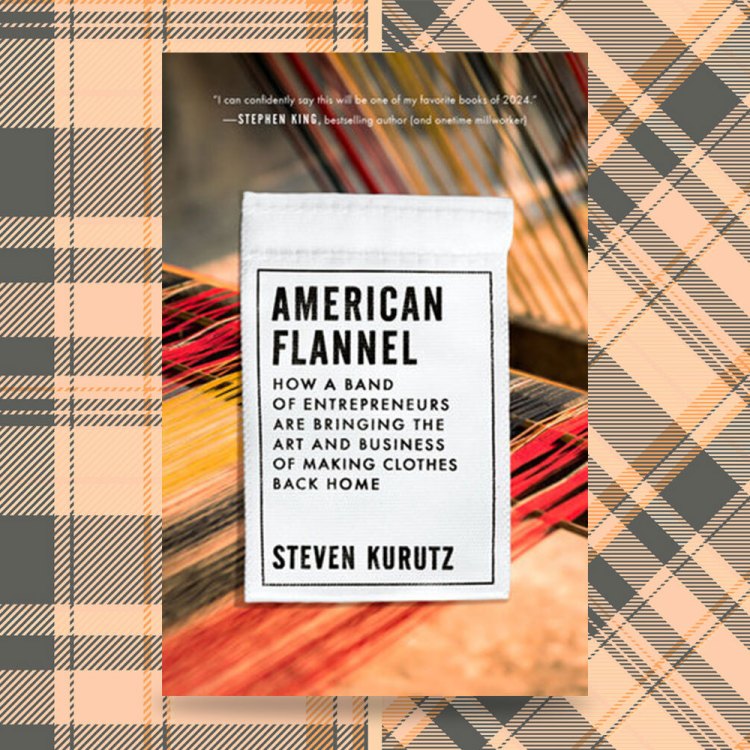Welcome to Chapter One, RealClearLife’s conversation with debut authors about their new books, the people, places, and moments that inspired them, and what makes their literary hearts sing.
Born in rural Ohio in the 1970s, Erin Hosier’s life was one of contradiction. Her early years were full of the music of The Beatles. The often unexpected lyrics and sounds created by the British band were juxtaposed with the often unexpected moods of Hosier’s father—a man who could be loving in one moment and inexplicably irate the next. When Erin’s parents found religion, the relationships within Hosier’s household didn’t change, but the excuses for some of the physically and emotionally abusive behaviors did. Torn between the adoration she felt for her father and the anger she held towards him, Don’t Let Me Down is both a reflection of this formative relationship between a daughter and her dad as well as an appreciation for the music of one band that helped keep them connected—even beyond death.
RealClearLife: Writing a memoir about your relationship with your father, who, to some people, will come off as a bad guy who did bad things to his family, must have been an extremely difficult thing to set out and do. Are you worried about how he’ll be perceived?
Erin Hosier: It’s something that I was panicked about and still am to this day. I’m about to have a book launch party and my mom is going to be there, and my colleagues, and so many other people like my father’s closest friends are reading the book, too, so its incredibly stressful and anxiety-inducing to know that someone you love so much, you might be disillusioning for some people. I’m very conflicted because I know that there’s a lot of criticism about memoirs in particular and over-sharing and talking ill of the dead. But I’m a writer and I had a compulsion to tell a story that I saw being reflected in the culture and in my friends who were still struggling with the grief of the loss of our parents before we were old enough to handle it. And also just that feeling of “that bastard,” like I can’t argue with him anymore! But I love him so much and he looms so large in my life.
RCL: How did the music of The Beatles shape your relationship with your dad? Was it a type of common ground you found with each other?
EH: The Beatles piece of the book was the source of my nostalgia—Rock ‘n’ Roll itself. I think that’s how it is, culturally, to be nostalgic for things we grew up with even when we’re not listening to the lyrics. There’s something about Beatles music that appeals to every generation and age group. So many people, men and women, have told me, “The only way my Baby Boomer father could talk to me was through music and about The Beatles.” My 90-year-old evangelical grandmother still listens to The Beatles. Here Comes The Sun is her favorite song.
RCL: There are some terrible things that happen to you in the book, how did your mom handle reading it all?
EH: She didn’t know about [one incident] until I was trying to write the book. The scene with my brother was included because it’s really at the heart of that moment when my dad is actually apologizing to us—the Don’t Let Me Down chapter—but yes, my mom has read several drafts of the book and she’s 100 percent supportive. I think she hates herself in the book and in real life. She’s worked on herself so much, but she still has a hard time forgiving herself for not protecting us, or herself, and for being young and imperfect and not being able to find her place in the world until her children were older. I think what’s life-affirming for me and so inspiring is that she transcended and forged her own way. She was really there for us and left to pick up the pieces and left to do all the explaining and apologizing after my dad died. It was necessary for everyone to move on. We’ve all done a lot of work on ourselves over the past decade and in the last few years. My brother Simon is about to become a father for the first time and he read the book and said that he wants to break the cycle. That was unexpected and I was really grateful.
RCL: Do you see your book as being that kind of conversation starter among families that have similarly imperfect relationships?
EH: I think there are a lot of people who can read this story and see themselves and say, “It wasn’t that bad, she’s fine now, everything works out in the end,” and “I was spanked as a kid and I’m fine now,” but I really want our generation and the ones that come after to be more thoughtful about the way that we parent and the way we value the experiences of young girls in particular.
You can’t choose your parents or your living circumstances and you might not be able to get out of it for a long time. Child abuse—hitting, sexual abuse, calling kids names—it shouldn’t be acceptable. It isn’t a “domestic issue,” it’s a societal issue and I think there needs to be harsher consequences for child abusers. We need to deal with the fact that there’s an epidemic of abuse at every age.
RCL: Are you hoping a similar light can be shed on the part religion plays in allowing abuses to occur?
EH: We need to be more alarmed that some people preach that God can heal a rapist—maybe it’s still is the approach, but if something happens in the family there’s this practice of “We keep it a secret and take it to the Lord in prayer.” I had people tell me they saw a therapist [in a religious setting] for an issue and the therapist would say, “You’re too far from God and you need to pray on that, that’s Satan talking to you.” And it’s like, come on! We have to stop rewarding angry, out of control narcissists and normalizing them.
RCL: How do you feel about your dad now? Was the book a sort of catharsis for you at all?
EH: Yes and no. I spent years writing and rewriting this book and cutting a lot out. At different times, like in 2013, I was so so angry with my dad because I interviewed my mother extensively about the things I never knew. I thought he never hit her because I never saw it—things like that made me want to understand what was wrong with him and I needed to try and figure out if he was bipolar or something. I needed to define it and it took me years to know that I don’t need to define it, I just needed to acknowledge it as the truth and that’s enough. Now I’m on the other side of it and I’m so grateful. After writing the book I met and married a super-healthy, awesome dude and became a first-time bride at 44; I wouldn’t ever have been able to do that until I finished this product and got through the emotional odyssey of writing this book.
I still miss my dad and I still talk to him; and my book is a way of keeping him alive. I have so many friends who lost others and almost everyone carries a totem along with them, maybe not every day, but it’s there and it’s just like that for me. Thats the good part about nostalgia. For the majority of human beings, nostalgia is a balm that gets us through. It’s a lot easier to go back and look at the good, non-stressful sh-t.
This article was featured in the InsideHook newsletter. Sign up now.



